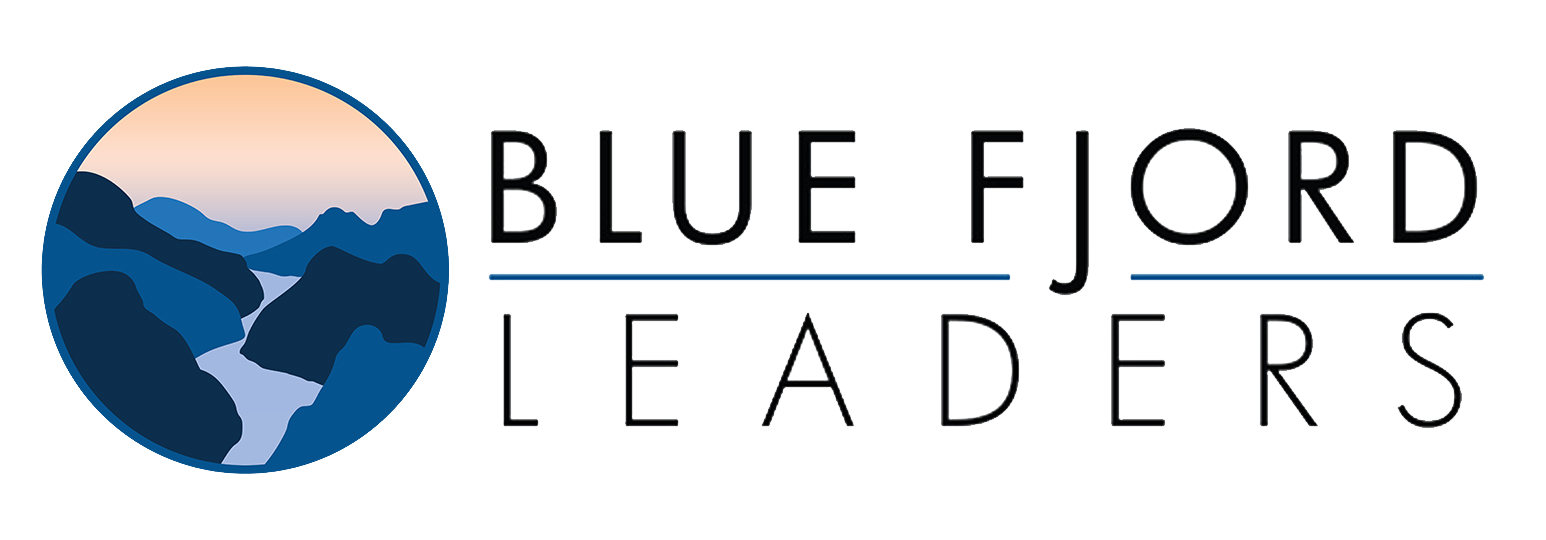“It’s not fair!” You have a team that is working hard and delivering results…except for one team member. He’s not pulling his fair share and the workload has to be reallocated because of missed deadlines. The other team members’ effort and morale is being impacted. You sense the importance of fairness and it is essential to the team’s progress. Why is fairness key and how can you use it to motivate and manage the poor performer.
Brain scanning techniques like functional magnetic resonance imaging (fMRI) allow neuroscientists to understand motivation and reward. Fair treatment is one of the behaviors that activate the reward network in the brain (including the striatum, orbital and medial prefrontal cortex and amygdala). For example:
• Research shows that participants who are presented with fair monetary offers experienced higher happiness ratings and increased activity in reward centers compared to unfair proposals of equal monetary value.
• Fairness is experienced directly when you are treated fairly or indirectly such as when an unfair partner is punished.
• Team members like and experience empathy toward partners who treated them fairly. All of these findings indicate that fairness is an important aspect of highly functioning teams. What can you do to foster fairness among team members?
1. Fair norms. Encourage the team to determine their expectations for attendance, timeliness, communications and deliverables. For those who violate team expectations, other team members should acknowledge the violation of team norms to clearly express disappointment. Repeated behaviors require additional action. As the manager, it is important that all team members recognize that those who don’t pull their load will not be tolerated. To do otherwise is unfair to high-performing team members and, if left unaddressed, will cause team morale to degrade. It is now far easier for employers to see which of their employees have not been attending their shifts as there are many different types of software that can accurately monitor this. You can reduce admin time with a timesheet app, similar to this one that you can find at places such as Deputy to help you focus on the employees who do work hard on a regular basis, instead of spending more time on the people who may not deserve your attention. Also, you can read this Timetastic blog describing how firms can maximize the use of such software in order to improve their operations.
2. Fair process. Many organizations have processes and procedures to address performance problems. It is important that the processes and procedures are followed so performance issues are addressed equitably and consistently. It sends an important message that all are treated impartially. At the same time, each person and situation is unique. Take advantage of flexibility in the processes to adapt your actions appropriately for the individual.
3. Fair hearing. “I’m being singled out!” The under-performing team member needs to feel heard and feel as though they have a fair hearing. The person may not like the process or outcome but they can be treated with fairness. Talk openly with them about work quality and quantity and that lack of performance is not fair to teammates who strive to achieve team goals.
4. Fair shake. Being fair to an underperforming employee includes providing a reasonable opportunity to improve. After a fair hearing, give clear guidance for performance targets and provide regular monitoring and feedback. Those who wish to perform well will appreciate the attention and opportunity to improve.
Fairness is a powerful motivator for the brain. The underperforming person may not be completely happy but his/her brain will recognize a fair process, hearing and fair shake. The other team members will respond positively to your actions as a leader due to the activated reward center in the brains. Moreover, they will know that you are willing to go the extra mile for good performance and fairness. Fair may not always be equal but it is always appropriate.
Tibibnia, Golnaz and Liberman, Matthew, Fairness and Cooperation are Rewarding: Evidence from Social Cognitive Neuroscience. The Semel Institute for Neuroscience and Human Behavior, University of California, Los Angeles.





0 Comments